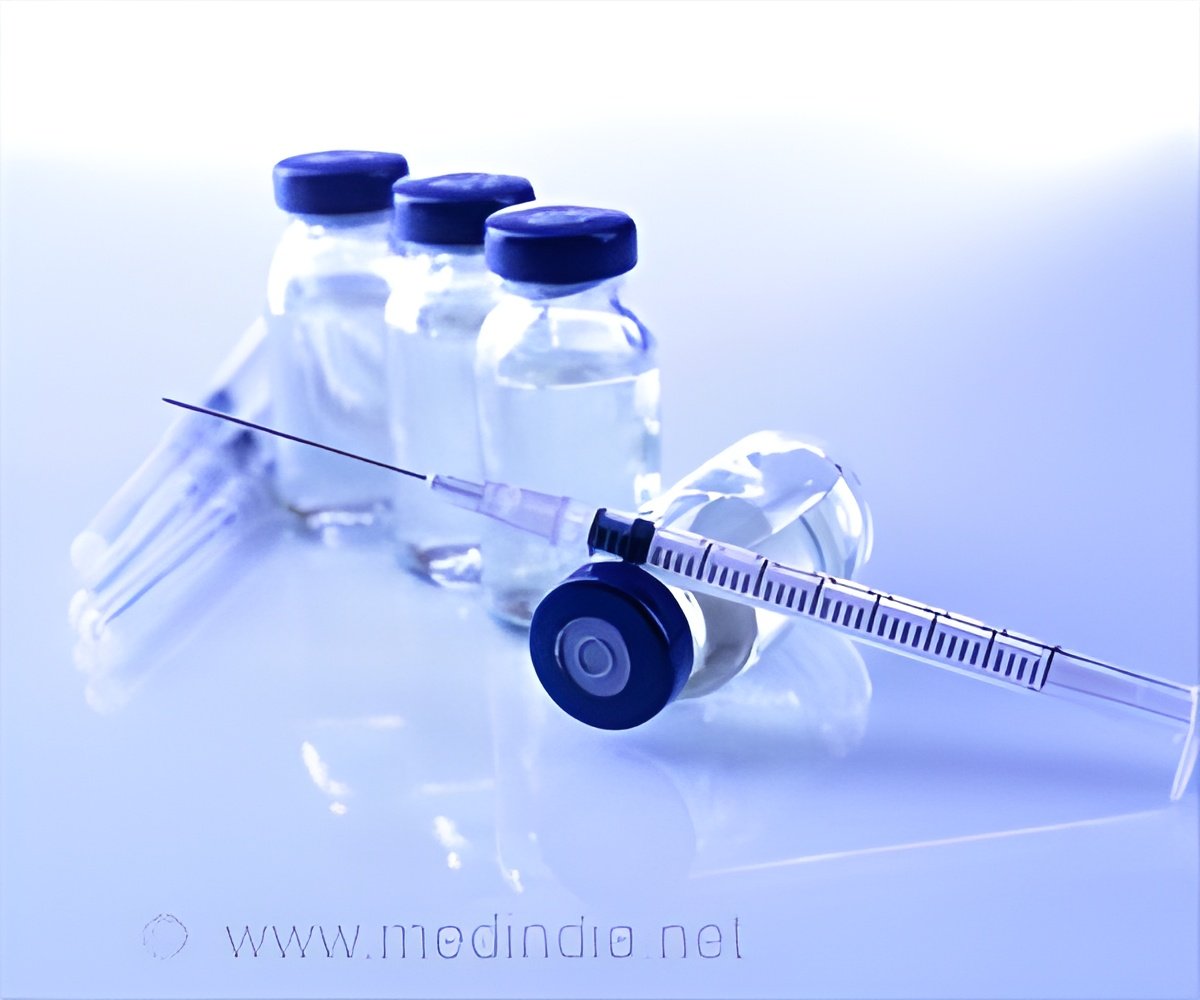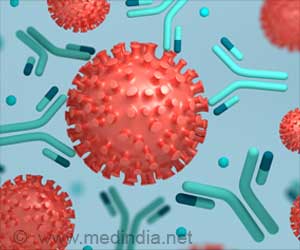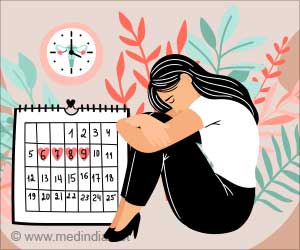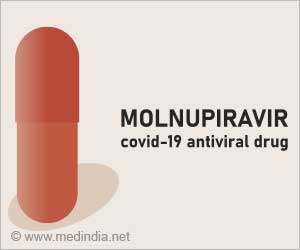Countries in the South-East Asia region need to scale up surveillance, strengthen public health and social measures, and enhance vaccination coverage as a new variant of COVID has emerged, urged WHO.

‘Major vaccine makers including Pfizer & Biotech, Moderna, Johnson and Johnson, and AstraZeneca said on Friday that they are working to quickly investigate and adapt their shots to a new and highly mutated strain of the virus.’





The global health has said the new strain may pose a higher risk of re-infection than past mutations of the virus "Though Covid-19 cases have been declining in most countries of our Region, the surge in cases elsewhere in the world and confirmation of a new Variant of Concern, is a reminder of the persisting risk and the need for us to continue to do our best to protect against the virus and prevent its spread. At no cost should we let our guards down," said Dr. Poonam Khetrapal Singh, Regional Director, WHO South-East Asia Region, in a statement.
Countries must enhance surveillance and sequencing. They should assess the risk of importation through international travel based on updated information on circulating variants and response capacities, and take measures accordingly.
"Comprehensive and tailored public health and social measures to prevent transmission must continue. The earlier the protective measures are implemented, the less restrictive they would need to be in order to be effective. The more Covid-19 circulates, the more opportunities the virus will have to change and mutate, and the pandemic will last longer," the Regional Director said.
Advertisement
"As of today, 31 per cent of the region's population is fully vaccinated, 21 per cent partially vaccinated while nearly 48 per cent, or about a billion people are yet to receive even a single dose of the Covid-19 vaccine," she said, adding that they continue to be at risk of contracting severe disease due to the virus and spreading it further.
Advertisement
The B.1.1.529 variant was first reported to WHO from South Africa on November 24, 2021. The epidemiological situation in South Africa has been characterized by three distinct peaks in reported cases, the latest of which was predominantly the Delta variant. The first known confirmed B.1.1.529 infection was from a specimen collected on November 9, 2021.
Researchers are working to understand how transmissible or virulent this variant is, and how it will impact diagnostics, therapeutics and vaccines.
Source-IANS















